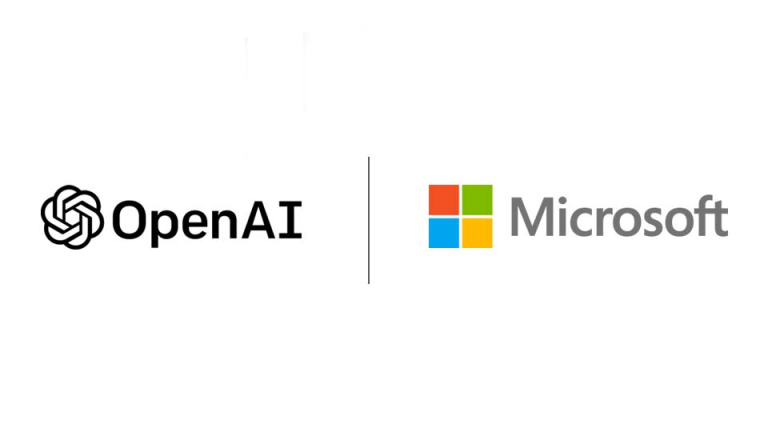Tech giant Microsoft is opening a new AI hub in London to work on tools for foundation models and to advance “state-of-the-art” language models.
The hub will be based at Microsoft’s Paddington office and see the US firm embark on a round of hiring for AI talent over the coming months.
It will be led by AI scientist and engineer Jordan Hoffmann, formerly of Inflection and DeepMind.
It follows Microsoft creating a new AI division and appointing DeepMind co-founder Mustafa Suleyman to lead it last month.
In a blog post announcing the hub, Suleyman said: “There is an enormous pool of AI talent and expertise in the UK, and Microsoft AI plans to make a significant, long-term investment in the region as we begin hiring the best AI scientists and engineers into this new AI hub.”
He added that the decision to open the hub in the UK reflects the country’s ambition to advance “AI responsibly and with a safety-first commitment to drive investment, innovation and economic growth”.
The hub is Microsoft’s latest bet on AI and adds to its research lab in Cambridge.
Last November, the tech behemoth said it planned to invest £2.5bn into the computing infrastructure of the.
Since 2016, Microsoft has partnered with OpenAI, the company behind ChatGPT that is led by Sam Altman. The partnership includes OpenAI deploying its technology through Microsoft’s Azure cloud service. In 2019, Microsoft consolidated that partnership with a $1bn investment into OpenAI and has since provided follow-on capital.
However, that relationship has since faced recent regulatory scrutiny in the UK, with the competition regulator flagging the partnership as potentially harmful.
The post Microsoft to open AI hub in London appeared first on UKTN.


